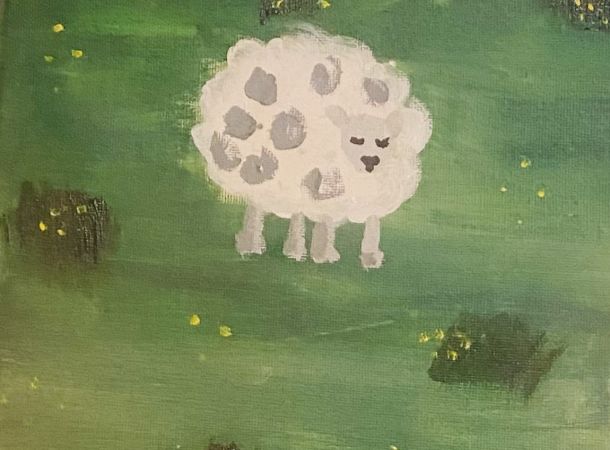Shame-Bound
I have always felt like shame was the underlying issue of addiction, but I could not put my finger on it. It seemed like a heavy garment that people wore that I could feel, but I couldn’t figure out how to remove it for myself or my loved ones. The Great House of Bondage could be the Great House of Shame. In my study ENEME: Understanding Satan From a Hebraic Perspective, I connect the Tree of Knowledge of Good and Evil to Pharaoh’s Great House of Bondage. Isaiah tells us that shame comes from Pharaoh’s Great House.
Isaiah 30:3: Therefore the strength of Pharaoh shall be your shame, and trust in the shadow of Egypt shall be your humiliation
In his book Healing the Shame That Binds You, Bradshaw describes two types of shame: healthy and toxic. Shame becomes toxic when one identifies with it. Instead of feeling shame as a reaction to something you did that went against your conscience or spirit, we think, “I am shameful, faulty, or unloveable.” You cease to see yourself as a human made in God’s image, making you live your life through the filter of unworthiness.
Healthy shame, when understood and harnessed, can be a catalyst for transformation. Bradshaw describes healthy shame as the foundation for humility because it lets us know our human limits and keeps us within the boundaries God has defined for us. We have all experienced shame on some level. Adam, Chavah (Eve), and Israel experienced toxic shame. The Israelites no longer acted like the people on whom the promises of God had rested, the people whom God had named and chosen, or the descendants of mighty men and women of faith. They became one with their oppression by losing sight of who God created them to be.
The first expression of the state of Adam and Chavah’s existence in the Scriptures was that they were naked and unashamed. The original nature of humanity is to be wholly exposed and unashamed. After Adam and Chavah reflected something other than God’s image, they were aware of their nakedness and felt shame. The idea that Adam and Chavah felt shame is assumed because they hid from God’s presence and tried to cover themselves.
Genesis 3:8: And they heard the sound of the LORD God walking in the garden in the cool of the day, and Adam and his wife hid themselves from the presence of the LORD God among the trees of the garden.
According to John Walton, an etymologist and author, the Ancient Near Eastern understanding of creation is that when God gives us a purpose or identity, He brings us into existence. My new study, In Beginnings, dives into the action verb of each day of creation to better understand our purpose as a whole. Only by aligning ourselves with God’s divine purpose as image-bearers can we be naked and unashamed. Bradshaw calls toxic shame “spiritual bankruptcy” because it disconnects us from our source of life. When we rely on God, even when we make a harmful choice, we can feel a healthy shame and return to Him with complete acceptance and forgiveness.
Psalm 118:8: It is better to trust in the Lord than to put confidence in man.
Psalm 22:5: They cried to You, and were delivered; They trusted in You and were not ashamed.
When I talk about being whole, I do not mean we are perfect, have never made mistakes, or live in this uber state of meditative enlightenment. Instead, to be whole means God is restoring you to order and healing your soul and spirit. Rather than arriving at a particular juncture of perfection, being whole implies we are on the healing path that leads to broken negative cycles and new life.
Isaiah 58:8: Then your light shall break forth like the morning, Your healing (aruwkah-restore to sound health, wholeness, or something perfected) shall spring forth speedily, and your righteousness shall go before you; The glory of the LORD shall be your rear guard.
As they made their way into Egypt, the Israelites lost sight of who God created them to be: a light rather than a burden, rulers, kings, and judges rather than oppressed people, people who have the spark of God inside of them, not abominations to behold. They needed to be reminded of their identity and purpose to break the shame that had them bound. If you are shame-bound, you also need a reminder. God made you in His image, and next week, we will see how He carved out a path for you to return to Him and freely live in your God-given purpose.




Leave a Reply